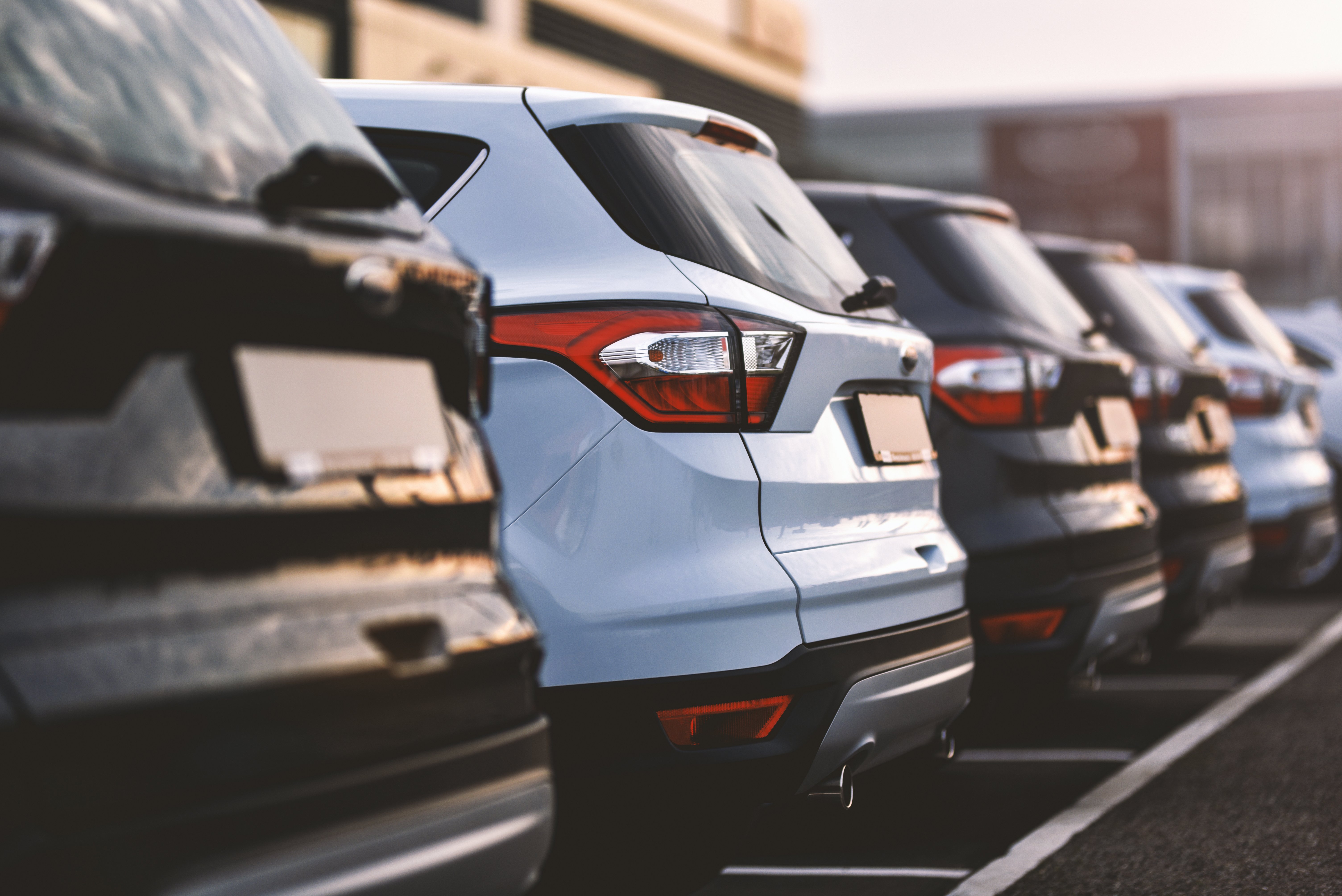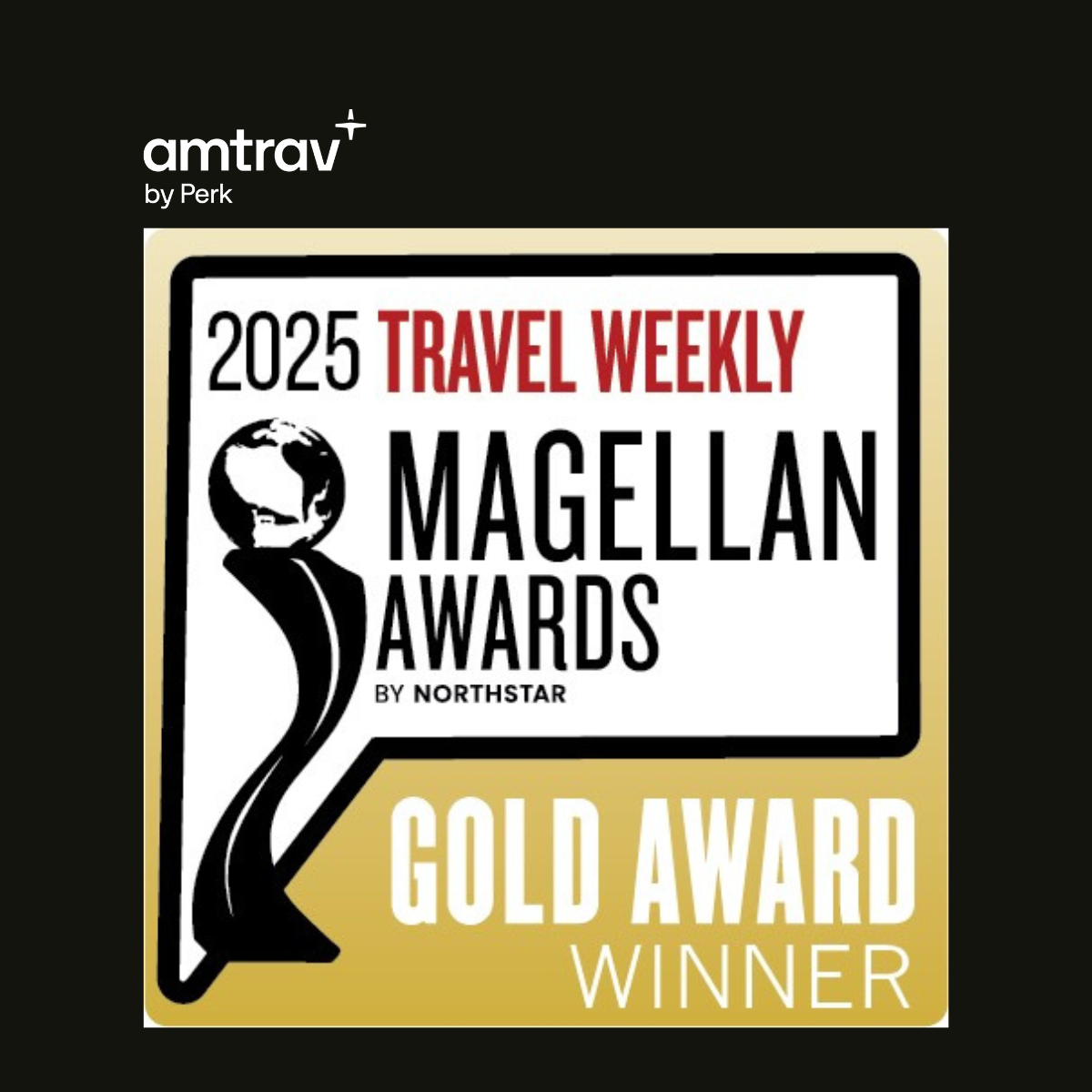For a while now, the trend among business travelers has been more rideshare and less car rentals, but that trend has reversed since COVID appeared. More and more companies are now explicitly prohibiting Uber, Lyft, and taxis out of concern for the safety of their travelers.
Among trips booked with AmTrav in June of 2020, 53% included a car rental, up from 32% across the same period in 2019. Travelers are not only replacing rideshares and taxis with rental cars, but in some cases the rental car is replacing the flight. For destinations that are four to eight hours away by car, more are opting to drive.
COVID-Era Car Rentals
The resurgence of car renting is likely fueled by the fact that it is arguably the safest mode of transportation right now. Renting a car eliminates all but the most limited exposure to and close contact with a stranger. In addition, the major rental companies have widely implemented new enhanced cleaning and safety policies like Hertz’s “Gold Standard Clean” and Enterprise’s “Complete Clean Pledge”. With any of these large car rental vendors, you can expect your car to be clean and thoroughly disinfected, including high touch surfaces like keys, seat belts, door handles, and cup-holders. Most are also allowing paperless rental agreements and contactless dropoff (where you just drop the car off and leave and get your receipt later via email). For details and comparisons of specific vendors, check out the Ground Transportation section of our COVID Resource Page.
Should Your Travel Policy Allow Ride-Sharing?
Travel managers have been wrestling with the question of whether or not their travel policies should permit ride-sharing right now. Uber and Lyft have both taken positive steps to reduce the likelihood of virus spread, but their oversight and control over their large network of drivers can only go so far.
Uber very forcefully states “No Mask, No Ride”. Not only are riders required to wear a face covering, but they also require drivers to take a selfie of themselves to prove that they have one, too. Lyft also requires masks for both parties and both companies strongly suggest opening the windows for ventilation.
One thing to consider in crafting your travel policy, while ridesharing is objectively less safe than renting a car, it is potentially more safe than public forms of transportation like busses and subways, especially if they are crowded.
Private Car Services - A Viable Third Option?
There is another option for ground transportation that might be worth considering for certain circumstances -- private car services. Most cities have local providers that will provide fixed price rides in sedans, SUV’s, or even limousines. Although more expensive than rideshare and taxis, the experience, safety/cleaning practices, and vehicle quality are generally more consistent. And in many cases you can get a vehicle with a plexiglass divider separating the driver from the traveler.
The private car options vary greatly depending on the city you’re traveling to. Generally, the larger the city, the more options there will be.
If you’re interested in private cars, feel free to reach out to your AmTrav Relationship Manager who will be happy to provide details for any specific destination.

Shannon Marvin




